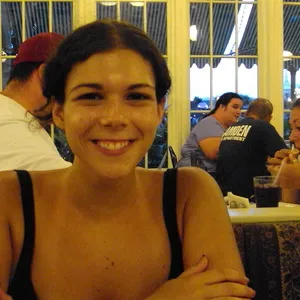About four out of five of college students drink alcohol. And if it’s in moderation (and if you’re over 21) that’s fine. In fact, in some ways it may be healthy since it’s been shown to reduce your risk of heart disease, diabetes, and strokes. But half of all students who drink do so by binge drinking.
You might be thinking that you’re not guilty of it, but, as a college student, it’s really not that hard to cross the line of moderate drinking into binge drinking. The Substance Abuse and Mental Health Services Administration defines binge drinking as consuming five or more alcoholic drinks in one occasion in the last 30 days.
Binge drinking hurts you and everyone around you. It increases the incidence of unintentional and intentional injury. It also increases the risk of alcohol poisoning, liver damage, and neurological damages. Know the signs to pay attention to for you and your friends before you drink.
1. You think you have a high tolerance
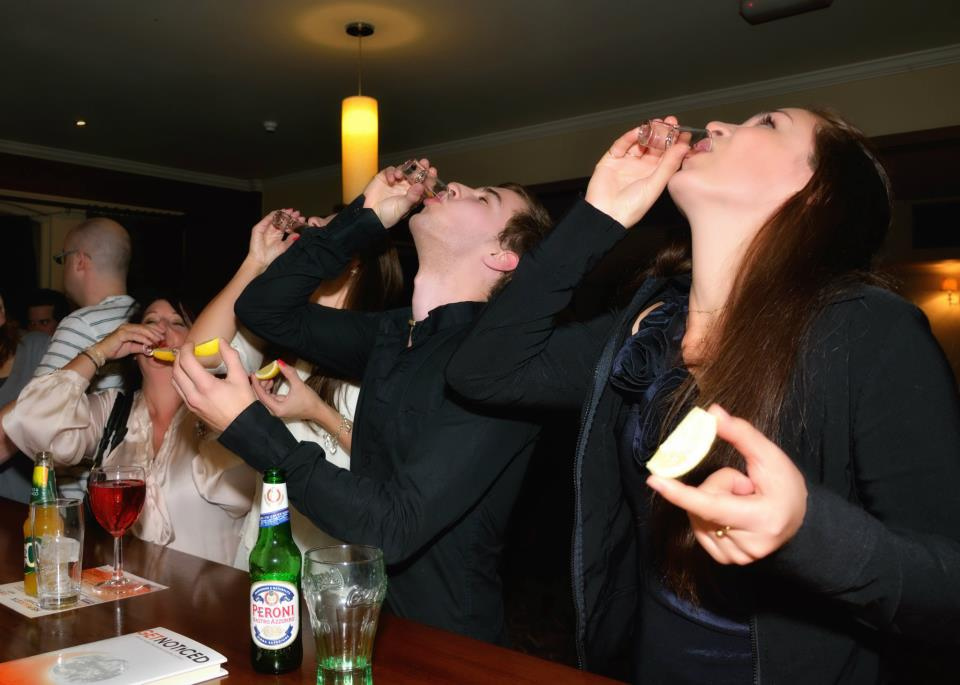
Photo courtesy of Get Noticed at Flickr.com
If you have a higher tolerance to alcohol, you might think it gives you a free pass. Getting a little tipsy with friends during a night out might be fun, but, if you have a higher tolerance, you won’t feel the effects as soon as your friends do. You are more likely consume more alcohol than your friends because your body isn’t giving you the clues that you are getting drunk. People also tend to overestimate just how high their tolerance is. If your friend tells you they can drink more because they have a high tolerance, keep an eye on them. They are more likely to binge drink than a friend that knows that they have a low tolerance.
2. You never drink, except every Friday night
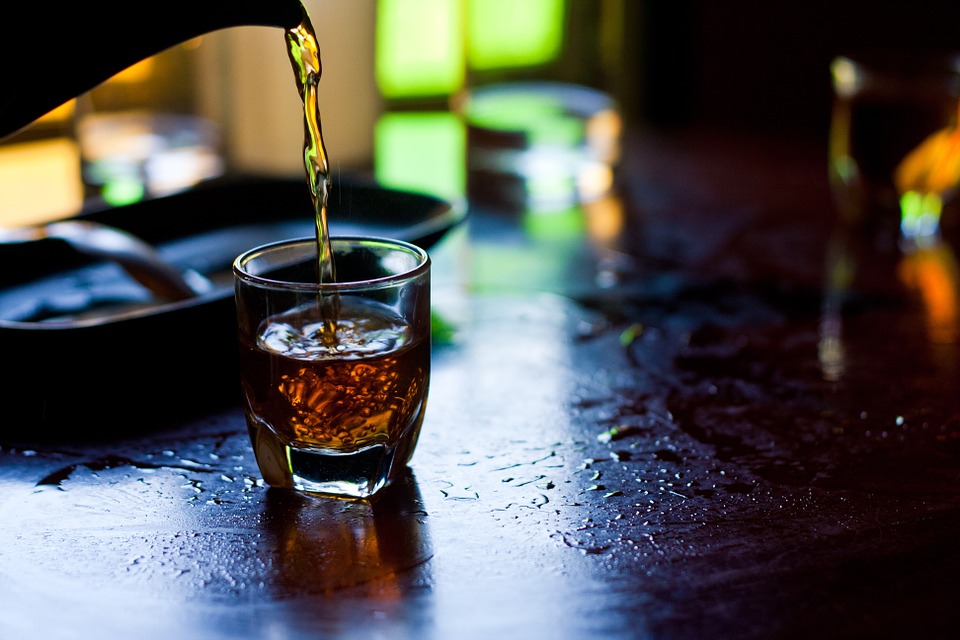
Photo courtesy of pixabay.com
In order to get the health benefits of alcohol, it’s recommended to drink about seven alcoholic beverages a week. But you don’t get those health benefits if all seven drinks are consumed just on Friday night. You might justify your drinking on the weekends by saying that you haven’t drank all week, but you actually should be doing the opposite. A glass of wine every night is much better for you than polishing off a bottle once a week.
3. You come out of your shell when you drink
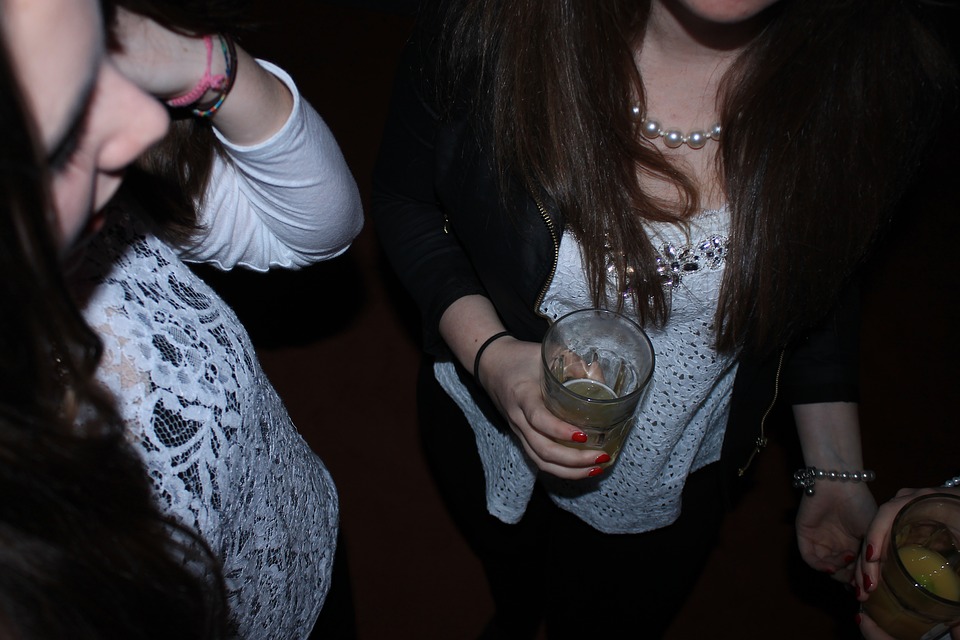
Photo courtesy of pixabay.com
Fear, anxiety, stress, and insecurity are feelings that a lot of college students experience while at school, with some people feeling them more strongly than others. If you do suffer from these feelings, you might find that alcohol helps you “come out of your shell.” Alcohol lowers inhibitions and it blocks those unpleasant feelings. If you find that a friend tends to become the “life of the party” when he’s usually a little more reserved, it’s likely that he’s relying heavily on alcohol to get him there.
4. You become a daredevil
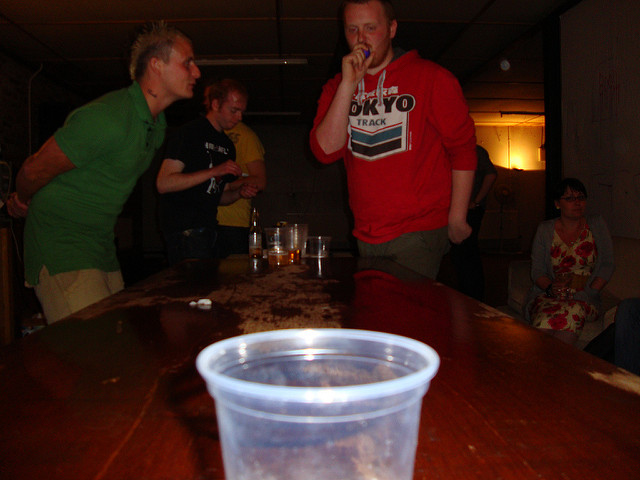
Photo courtesy of James Sheriff at Flickr.com
The lowering of inhibitions can lead to more than just being talkative. If you wake up and question why you did something the night before, the answer is because you drank too much. Your increase in risk taking behavior is dangerous to you and those around you. If you often find yourself regretting what you did the morning after, you are most likely guilty of binge drinking.
5. You don’t remember what you did last night
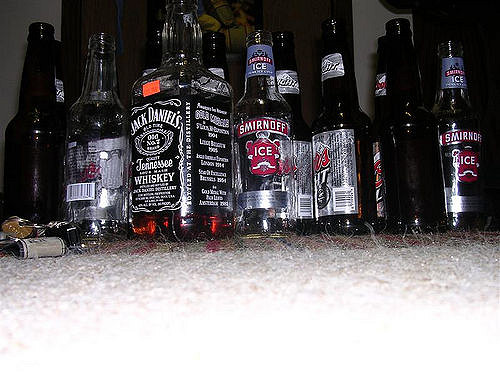
Photo courtesy of Brian Rosner at Flickr.com
You might not even remember the risks that you took the night before. If you consumed too much alcohol, you might have entered a severely impaired state which led to a blackout the next day. If you find that you can’t remember what you did whenever you drink, you are most likely binge drinking.
6. Your friends and family are concerned
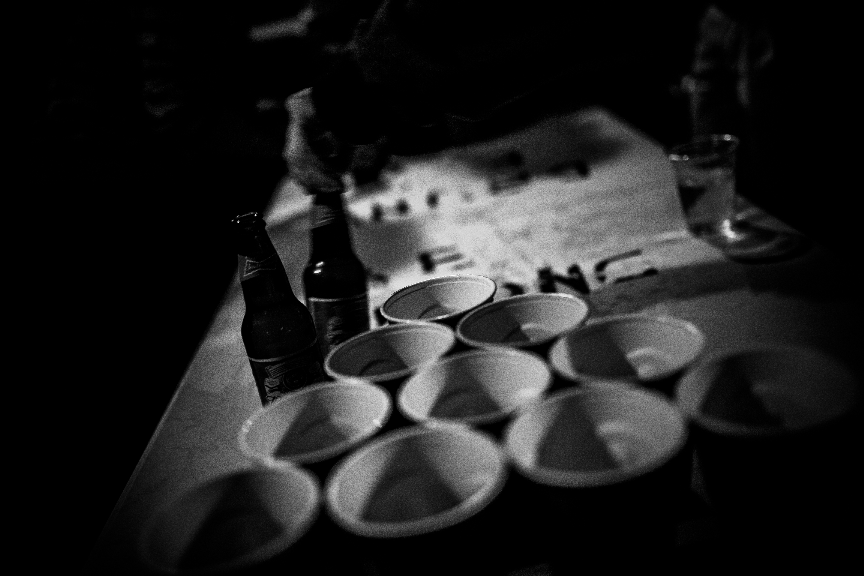
Photo courtesy of Johnny Silvercloud at Flickr.com
The truth is that when you drink and you’re drinking heavily, it’s hard for you to be able to check yourself. Your family and friends can tell when you’re not acting like yourself and when you are doing things you’re going to regret. Listen to them. And if you are a binge drinker, get the help you need as soon as possible because binge drinking now has been shown to lead to alcoholism later.


